On Cultural Marxism (Olavo de Carvalho)
https://olavodecarvalho.org/do-marxismo-cultural/
On Cultural Marxism
According to classical Marxism, the proletariat were natural enemies of capitalism. Lenin added to this the idea that imperialism was the result of the capitalist struggle to conquer new markets. The inevitable conclusion: the proletariat were also enemies of imperialism and would refuse to serve it in the event of a generalized imperialist conflict. More attached to their class interests than to those of their imperialist bosses, they would evade recruitment or use their weapons to overthrow capitalism instead of fighting their fellow proletarians in neighboring nations.
In 1914, this syllogism seemed to all Marxist intellectuals like a sure and settled matter. So one can imagine their surprise when the proletariat embraced patriotic propaganda, enlisting en masse and fighting bravely on the battlefields for “imperialist interests”!
The general shock found brief relief in the Bolshevik success of 1917, but was soon deepened into panic and depression when, instead of spreading to the developed capitalist countries as the manuals had predicted, the revolution was smothered by the general hostility of the proletariat.
Faced with facts of such magnitude, a normal mind might immediately consider correcting the theory. Perhaps the proletariat’s interests were not so antagonistic to those of the capitalists as Marx and Lenin had claimed.
But a Marxist mind is never normal. The Hungarian philosopher György Lukács, for example, thought it perfectly natural to share his wife with anyone interested. Thinking with that sort of mind, he came to the conclusion that it wasn’t the theory that was wrong—it was the proletarians. These idiots couldn’t see their “real interests” and happily served their enemies. They were insane. Normal was György Lukács.
It therefore fell to him the high mission of discovering who had caused the proletarian madness. A skilled detective, he soon found the culprit: Western culture. The mix of Judeo-Christian prophecy, Roman law, and Greek philosophy was an infernal potion brewed by the bourgeoisie to deceive the proletariat. Driven to despair by such a harrowing discovery, the philosopher exclaimed: “Who will save us from Western culture?”
The answer came quickly. Felix Weil, another remarkable mind, thought it very logical to use the money his father had accumulated in the grain trade as a tool to destroy—not just his own domestic fortune—but that of all other bourgeois as well.
With that money he founded what would come to be known as the “Frankfurt School”: a Marxist think tank which, having abandoned the illusion of a universal proletarian uprising, began dedicating itself to the only viable undertaking left: the destruction of Western culture.
In Italy, the founder of the Communist Party, Antonio Gramsci, had come to a similar conclusion upon seeing the working class betray revolutionary internationalism by flocking en masse to the ultranationalist variant of socialism invented by the renegade Benito Mussolini.
In truth, even the Soviets themselves no longer believed in the proletariat: Stalin recommended that Western communist parties recruit, first and foremost, millionaires, intellectuals, and show business celebrities.
Refuted by the facts, Marxism would take its revenge through self-inversion: instead of transforming the social condition to change mentalities, it would now change mentalities in order to transform the social condition. It was the first theory in the world to claim to prove its truth by the opposite of what it had said.
The instruments for this soon emerged. Gramsci discovered the “cultural revolution,” which would reform humanity’s “common sense,” leading it to see the martyrdom of Catholic saints as a sordid capitalist publicity stunt, and making intellectuals—rather than proletarians—the chosen revolutionary class. The Frankfurt men, especially Horkheimer, Adorno, and Marcuse, had the idea of mixing Freud and Marx, concluding that Western culture was a disease, that everyone educated in it suffered from an “authoritarian personality,” and that the Western population should be reduced to the status of mental asylum patients and subjected to “collective psychotherapy.”
Thus was inaugurated, after classical Marxism, Soviet Marxism, and Eduard Bernstein’s revisionist Marxism (the first tucano), the fourth modality of Marxism: cultural Marxism. Since it did not speak of proletarian revolution or openly advocate violence, this new school was well received in the very circles tasked with defending the Western culture it claimed to be destroying.
Expelled from Germany by the unfair competition of Nazism, the Frankfurt theorists found in the United States the ideal atmosphere of freedom for destroying the society that had welcomed them. They then set about proving that the democracy they had fled to was identical to the fascism that had driven them out. They dubbed their philosophy “critical theory” because it refrained from proposing any remedy for the world’s ills and aimed solely at destruction: the destruction of culture, of trust between individuals and groups, of religious faith, of language, of logical capacity—spreading an atmosphere of suspicion, confusion, and hatred everywhere. Once this goal was achieved, they claimed that the suspicion, confusion, and hatred were proof of capitalism’s wickedness.
From France, the school received invaluable aid in the form of the “deconstructionist” method—an academic charlatanism that allows all products of human intelligence to be denounced as malicious tricks by which white males oppress women, blacks, gays, and tutti quanti, including household pets and plants. The American local contribution was the invention of the linguistic dictatorship of “political correctness.”
In just a few decades, cultural Marxism became the predominant influence in Western universities, media, show business, and publishing. Its macabre dogmas, arriving without the “Marxism” label, are mindlessly accepted as supra-ideological cultural values by the business and ecclesiastical classes whose destruction is its sole and inescapable aim. Today, it is difficult to find a novel, a film, a play, or a textbook in which the beliefs of cultural Marxism, often unrecognized as such, are not present with the full virulence of their slanderous and perverse content.
So vast was the spread of this influence that the old idea of tolerance has everywhere turned into the “liberating tolerance” proposed by Marcuse: “Unlimited tolerance for the left, none for the right.” Thus, those who veto and boycott the dissemination of ideas they dislike do not feel they are engaging in censorship—they believe themselves to be paragons of democratic tolerance. Through cultural Marxism, the whole of culture has been turned into a war machine against itself, leaving no room for anything else.
0


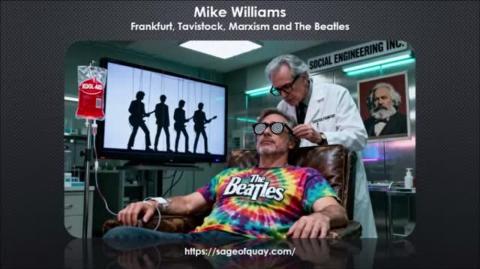
 Ozmosis
Ozmosis
 Blackpill_52
Blackpill_52
 The David Knight Show
The David Knight Show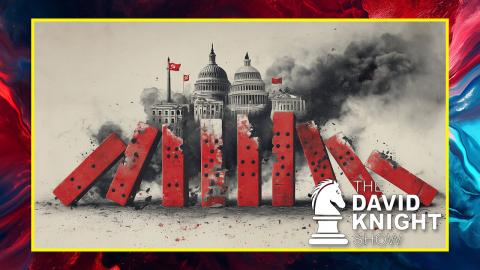
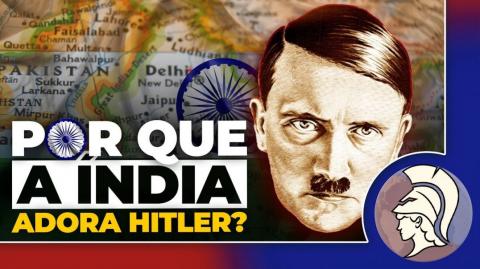
 Sant77
Sant77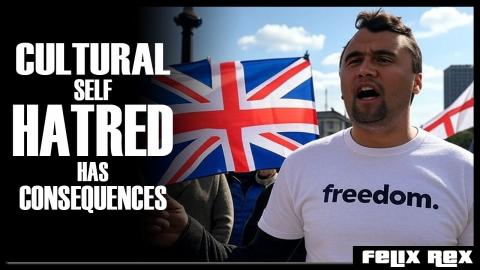
 Black Pigeon Speaks
Black Pigeon Speaks![React: JOÃO CARVALHO NÃO SABE O QUE É FASCISMO [REVOLUSHOW] - João Eigen](https://cdn.mgtow.tv/upload/photos/2025/09/YXcSnwZzQwbRDiR5U9lb_12_c860c21a8b09d171d1e4cd1584ab61cf_image_thumb_high.jpg)

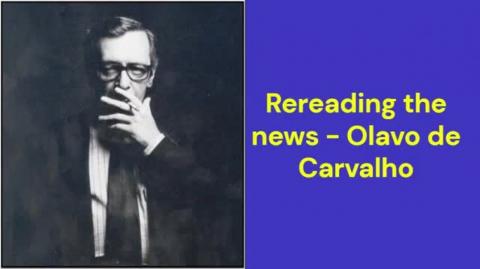
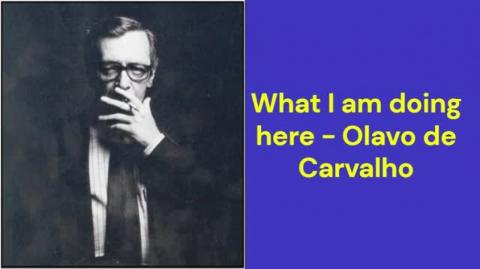
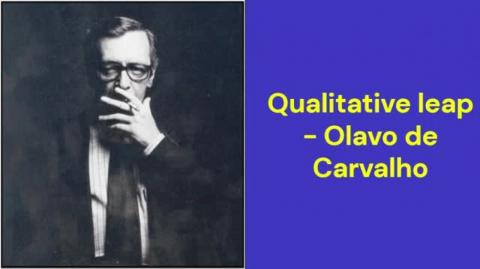
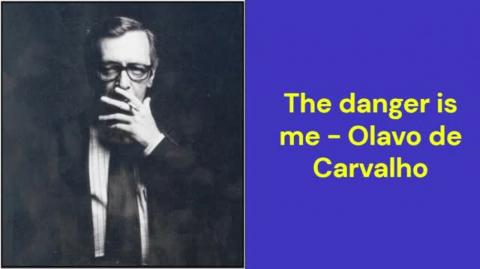
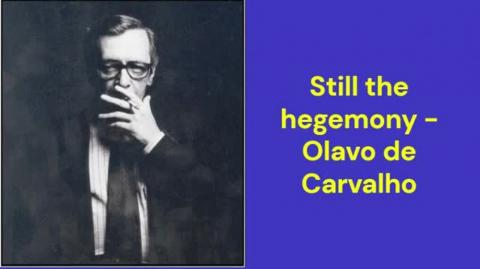
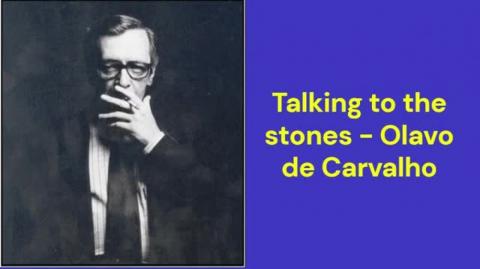
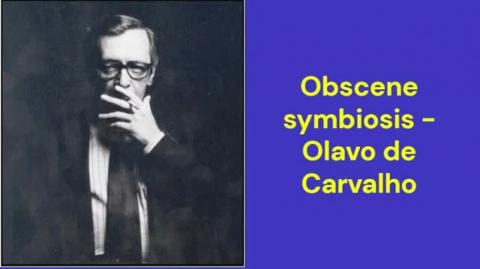
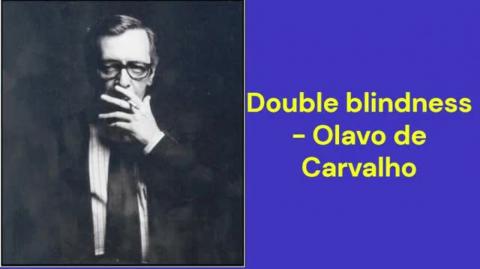
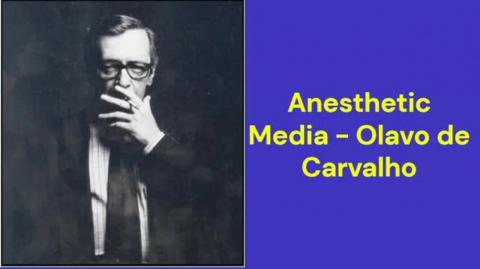
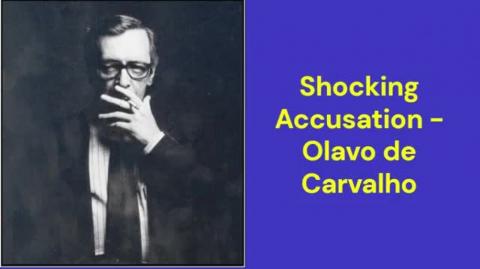
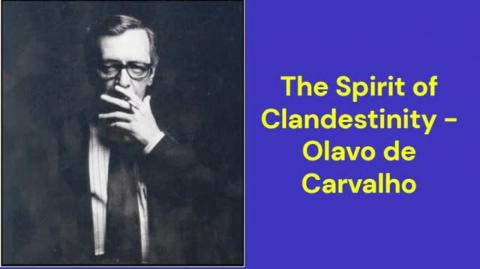
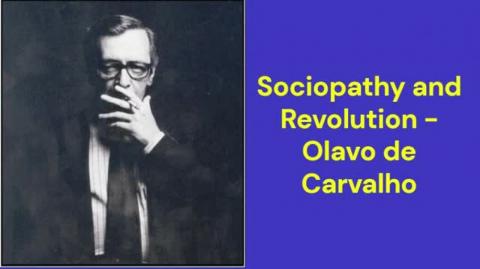


Log in to comment